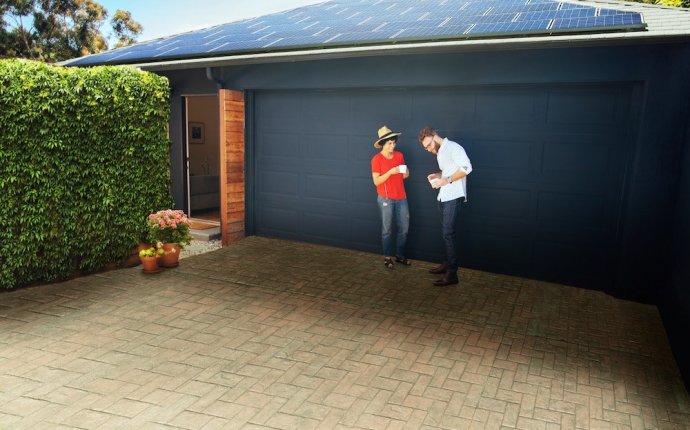
Benefits of solar Powered Homes
 Solar panels can be mounted on many home surfaces.
Solar panels can be mounted on many home surfaces.
Despite praise as a clean and inexhaustible source of energy, solar electric power isn't a perfect fit for every project. When considering a solar-powered home, builders and homeowners must determine if the project can accommodate the financial, practical and climatic requirements of a solar energy system. If you learn about the pros and cons of installing a solar energy system, you can decide if solar is the right type of "green" energy for your home.
High Equipment Cost
According to the Florida Solar Energy Center, the high cost of solar panels and related equipment is the primary disadvantage to a solar powered home (see References 1). However, local and national governments often provide tax breaks to individuals who install solar electric systems (see References 4). Despite tax breaks, solar panels, mounting hardware, electrical components and installation might cost tens of thousands of dollars for the average consumer. Importantly, if a solar electric system reduces or eliminates monthly utility bills, the system eventually pays for itself.
Location
Climate, environment and location can limit or enhance the viability of a solar energy system. Solar energy systems depend upon access to the sun's energy. Therefore, disadvantageous locations for solar energy systems include areas that receive intermittent light, heavy shade or sun blockage from natural features. Alternatively, homes located in areas that receive regular, consistent sunlight generally benefit from the installation of solar energy systems. (See References 2)
Practical Considerations
The space and support requirements of a solar energy system present a disadvantage to some homeowners and are of negligible impact to others. Roof size, strength and orientation are primary, practical considerations of a solar energy installation. Builders must determine if the roof's overall area can accommodate the solar array, if the roof's framing is strong enough to support the weight of the solar array and if the roof's orientation, or position, limits the amount of solar energy that reaches solar panels. Additionally, local building codes or community regulations might restrict rooftop solar system installations. (See References 2)
Net Metering
The term "net metering" refers to an agreement between a utility provider and homeowner wherein excess electricity produced by a home solar system earns credit. The solar electric system connects to the utility provider's power grid and pumps unused electricity into the grid, causing the homeowner's electrical meter to literally run backward. Net metering holds the potential to drastically reduce or eliminate electrical utility bills. However, net metering is not a guaranteed right, but an agreement offered by utility providers. Builders and homeowners must check with utility providers to determine if net metering agreements are available. (See Reference 3, page 8)









